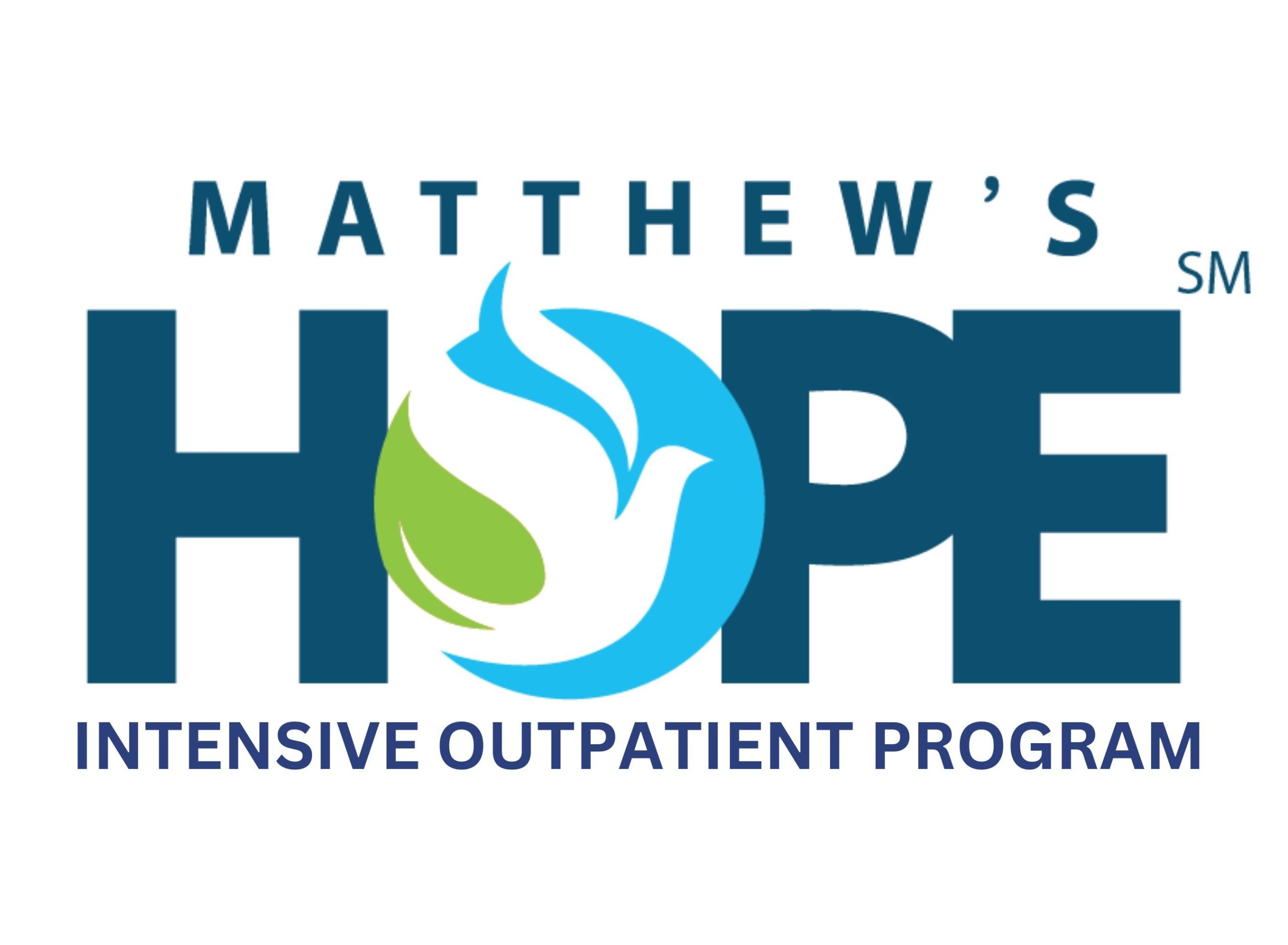
Benzodiazepines are one of the most prescribed medications in the United States. Used legally, these substances can help manage conditions such as anxiety and insomnia.
Even when taken as prescribed, they can lead to physical dependency and benzos carry a substantial risk of addiction for those with a predisposition to having a substance use disorder. Let’s talk about benzodiazepines, the impact of their use, and how to recognize misuse.
What are Benzodiazepines?
Also known as benzos, benzodiazepines are central nervous system depressants. They belong to one of the most commonly prescribed drug classes.
Benzos are used for their calming effects, treating conditions like anxiety, panic disorders, and sleep problems. These drugs are legal with a prescription. But their potential for addiction is high, leading to devastating physical and mental health effects.
Side Effects of Benzodiazepine Use
Benzodiazepine use can lead to various side effects. The most common side effects include:
- Drowsiness
- Dizziness
- Decreased alertness
- Blurred vision
- Confusion
- Lack of coordination
While these side effects might seem manageable, they can escalate over time with increased dosage. This can later increase the risk of accidents or injuries.
Benzodiazepine Effects on the Mind and Body
Benzodiazepine can have major effects on the body and the mind. Its primary function is to slow down the brain’s activity, which leads to a feeling of relaxation.
But this can also result in slowed reaction times and cognitive impairments. Memory issues and difficulty concentrating are also common effects.
These effects can become increasingly detrimental with prolonged use. Overuse can eventually lead to physical dependency or addiction.
Benzodiazepine Withdrawal Symptoms
As the body gets used to regular benzodiazepine use, stopping suddenly can lead to significant withdrawal symptoms. These include anxiety, restlessness, and irritability.
Physical symptoms such as sweating, tremors, and nausea are also common. More severe cases can lead to hallucinations or seizures.
The intensity of withdrawal symptoms highlights the importance of seeking professional aid. Individuals should get help when attempting to discontinue benzodiazepine use.
Benzodiazepine Addiction is A Multi-Generational Issue
Misuse of benzodiazepines doesn’t affect only adults. Both younger people and adults are at risk.
Among younger individuals, addiction often stems from the recreational use of these drugs. This is typically driven by their accessibility and the misperception of safety due to their legal status.
Adults are often prescribed these medications for legitimate health concerns, but long-term use can lead to dependency.
Signs and Symptoms of Benzodiazepine Addiction
Identifying the signs of benzodiazepine addiction is crucial for intervening and starting recovery.
There are a variety of symptoms typically falling into three categories: physical, behavioral, and psychological.
Physical Symptoms
Visible physical symptoms of benzodiazepine misuse often include:
- Drowsiness or fatigue
- Difficulty in maintaining coordination
- Slowed or shallow breathing
Additional symptoms, such as nausea, headaches, or blurred vision, can also occur. They are particularly evident when an individual attempts to cut down or quit using benzodiazepines.
Behavioral Symptoms
Changes in behavior can serve as signs of addiction to benzodiazepines. These may show as:
- Obsession over obtaining and consuming the drugs
- Neglect of work or personal responsibilities
- Withdrawal from social interactions or activities
Psychological Symptoms
Psychological symptoms associated with benzodiazepine misuse often include:
- Increased anxiety or agitation
- Mental confusion or cognitive impairment
- Memory problems or forgetfulness
In some cases, the individual might display increased aggression or irritability. This is a sign of addiction since the symptoms are in stark contrast to the calming effects of benzodiazepines.
Noticing these signs and symptoms is the first crucial step towards seeking help and beginning the journey toward recovery.
Getting Help for Benzodiazepine Addiction
Recognizing benzodiazepine addiction is the first step toward getting help. While benzodiazepines serve a role in treating several health conditions, their potential for misuse and addiction is important to understand.
If you or someone you know is struggling with benzodiazepine addiction, please reach out to Matthew’s Hope Intensive Outpatient Program today.


